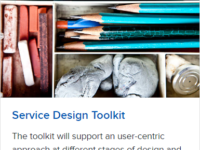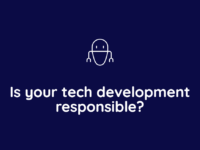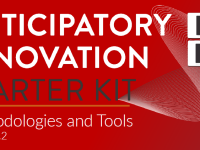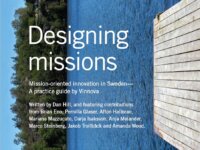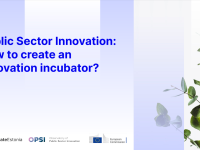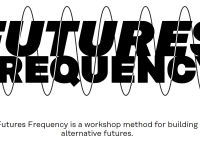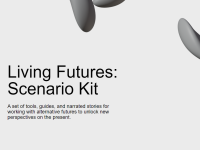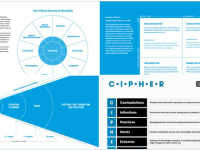Toolkit Navigator
A compendium of toolkits for public sector innovation and transformation, curated by OPSI and our partners around the world

The UserCentriCities (UCC) Service Design toolkit is a curation of handbooks and tools to support the adoption of a user-centric approach in the design of digital public services. Compiled in collaboration with OECD OPSI Toolkit Navigator, it collects the most relevant tools and methods for cities, regions, and municipalities to use. It contains methods and handbooks developed and utilised by the UserCentriCities partner cities and regions network in their own user centric service development,…
The resource authors define responsible tech as applying an ethical approach when developing, using and distributing new technology in a way that contributes to an environmentally, socially and economically sustainable society.
The Responsible Tech: Self-Assessment Tool is an online tool that takes users through a series of structured questions in order to enhance a responsible approach to tech development work. The tool can be used in the intervention, development and distribution of new…
The Anticipatory Innovation Starter Kit (AISK) offers a step-by-step approach to access a set of methodologies and tools to solve organisational challenges in the area of anticipatory innovation governance. Developed by the Experimentation Lab for Public Administration (LabX), part of the Administrative Modernisation Agency (AMA) in Portugal, the starter kit intends to be an actionable tool to envisage and anticipate changes in public sector organisations.
Users start in a "Pool of Problems"…
Mission-oriented innovation aims to create change at the system level where everyone involved is involved and drives development. The working method is a tool for achieving jointly set sustainability goals on a broad basis and with great impact.
In this handbook, we tell about Vinnova's work together with a number of relevant actors to jointly create mission-oriented innovation. You can follow how the actors under 2019-2021 test and develop the working method in the two different areas of food…
This handbook introduces actionable knowledge on developing a Transformative Theory of Change by applying a portfolio approach to address a systems innovation perspective for projects and programmes. Tools, methods and lessons learned are based on working hand in hand with EIT Climate-KIC projects around a portfolio of knowledge services for sustainable systems transformation.
The step-by-step methodology supports practitioners to design, implement and evaluate projects aimed at achieving…
In 2020 and 2021, OPSI developed the idea of an Innovation Incubator jointly with the European Commission through the Horizon 2020 project. The goal of the incubator has been to to maximize the spread of learning and knowledge from initiatives to a larger ecosystem of actors. The OPSI-convened incubator has worked to connect experts and practitioners to provide insights and validation of transformative work, reduce duplication, and streamline replication efforts. The primary principle of the…
Futures Frequency is a workshop method for groups of 8–20 people. This website provides tools for facilitating the workshop either online or in person. There are videos that introduce each theme and the facilitator’s handbook includes detailed steps for facilitating the group assignments.
Futures Frequency was developed by Sitra based on input from a development team in various fields. It's purpose is to increase participants’ ability to envisage different futures and take action towards…
This toolkit offers a starting point and a framework for uncovering circular potentials and barriers and to potentially identify new circular business models. The tools in this toolkit focus specifically on mapping a company's circular potentials in the value chain it operates within. And it gives priority to understanding, framing and re-fining the value businesses create in the value chain, exploring the interaction with both customers, collaborators and influential stakeholders. The toolkit…
Living Futures: Scenario Kit is a design tool for understanding, discussing, and shaping the future. It consists of four alternative versions of year 2050 explored through narrated stories from future citizens, themed analyses, and other media files, as well as a set of design tools that puts the scenarios to work. The kit can be used to future proof business models, develop new strategy, and understand and discuss important trends and developments in the present.
The kit is flexible and can be…
This resource contains 11 frameworks and methods used by the Future Today Institute, including:
The FTI Forecasting Model
How To Think About Time
Identifying Key Stakeholders
Assumptions vs Knowledge
CIPHER
Axes of Uncertainty
Scenario Planning Guide and Templates
Four Laws of Tech Trends
11 Macro Sources of Disruption
Velocity of Change: Calculation Guide
Futures States
Each resource includes guidance and instructions on its use.

